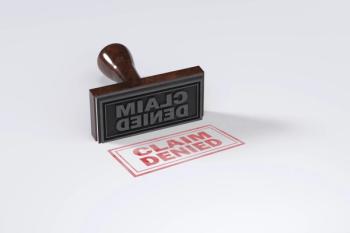
‘Global’ opioid deal is off, says Wall St. Journal
Too many states have opted out of the $18-billion agreement being negotiated in federal court
Last fall, there were announcements of a tentative deal involving the Big 3 wholesalers and a few pharma companies, on the one side, and attorneys general for many states (representing both their states and counties and cities within them); now, according to a Feb. 14
A letter, signed by 21 state attorneys general, was sent to law firms representing the wholesalers (and at least one manufacturer), rejecting the offer of $18 billion paid out over 18 years as a settlement of many of the lawsuits. Now, a figure of $22-32 billion is being floated, and/or a faster payout.
The impetus for the so-called “global” settlement is to consolidate hundreds-to-thousands of suits that have been filed by municipalities, counties and states. A consolidated settlement (the Big Tobacco settlement of the 1990s is the model) would make funding for treatment and healthcare available sooner, and the companies involved would get past at least some of the litigation sooner. But for it to work, it needs broad consensus among the plaintiffs to agree to the settlement.
According to the article, paying out $1 billion annually would have “limited impact” on the companies; the risk is that a too-high fine could drive companies into bankruptcy (as is the case with Purdue Pharma), or at least draw out the litigation for years, delaying funding for opioid addiction treatment.
Now, the prognosis is that a settlement might be possible by this summer.
Left unsaid—at this point in the litigation—is the contention by wholesalers that they only dispensed drugs to pharmacies based on orders from those pharmacies (which in turn are based on doctors’ prescriptions), and by manufacturers that FDA had approved the various formulations of the drugs. Substantial documentation (and some settlements of alleged improprieties) allege that manufacturers downplayed the risks of opioid addiction, and that wholesalers shirked their legal responsibility for monitoring “suspicious orders” of the controlled substances.
Newsletter
Stay ahead in the life sciences industry with Pharmaceutical Commerce, the latest news, trends, and strategies in drug distribution, commercialization, and market access.




